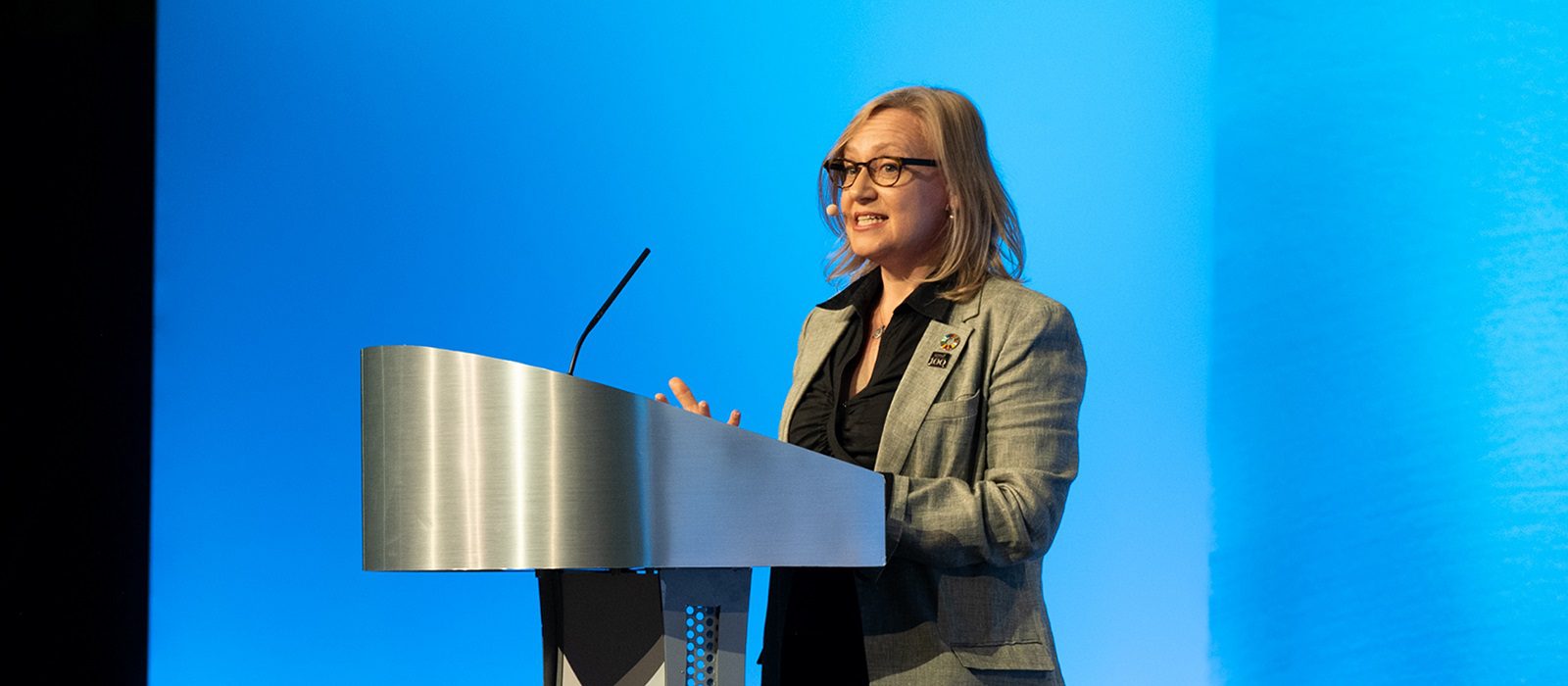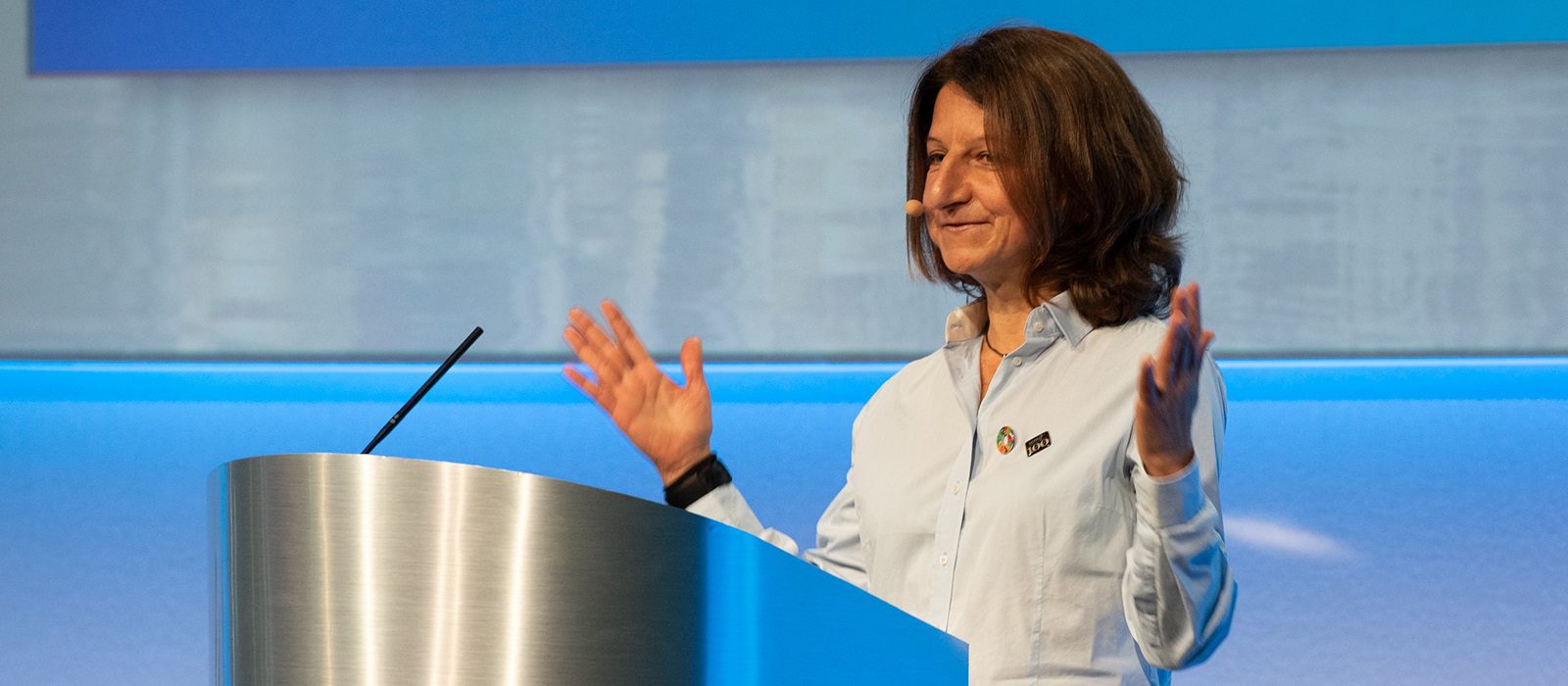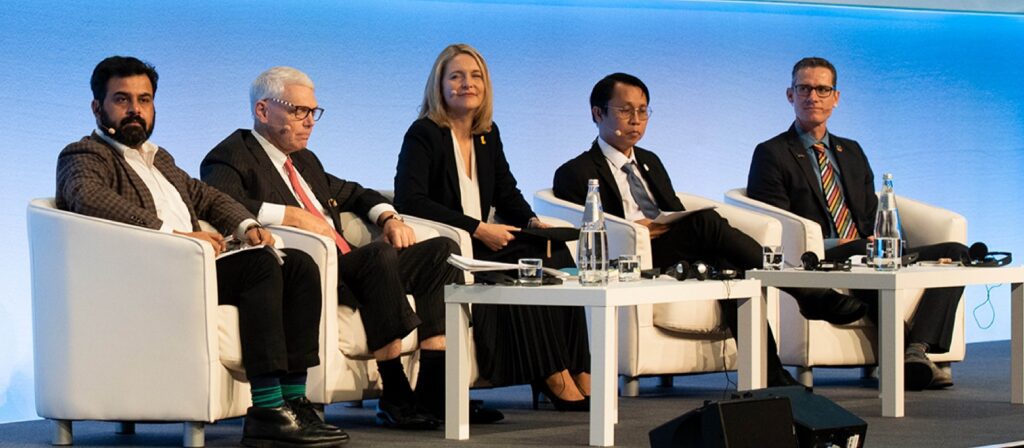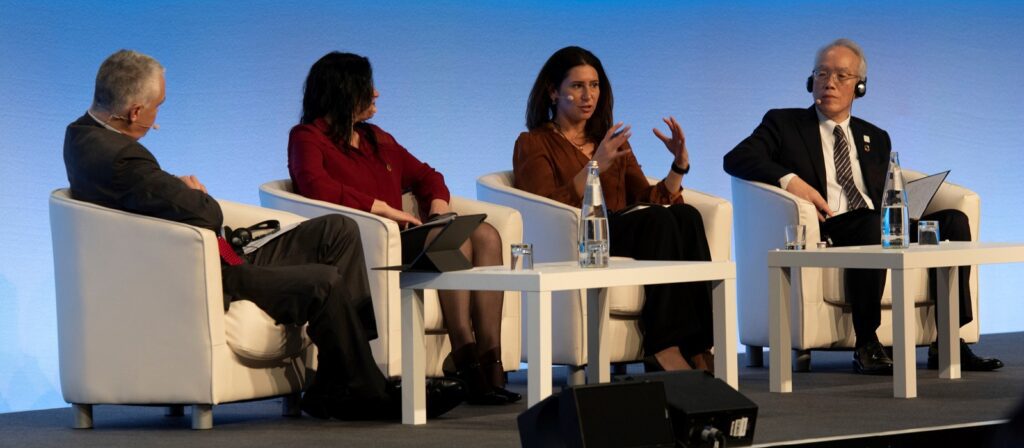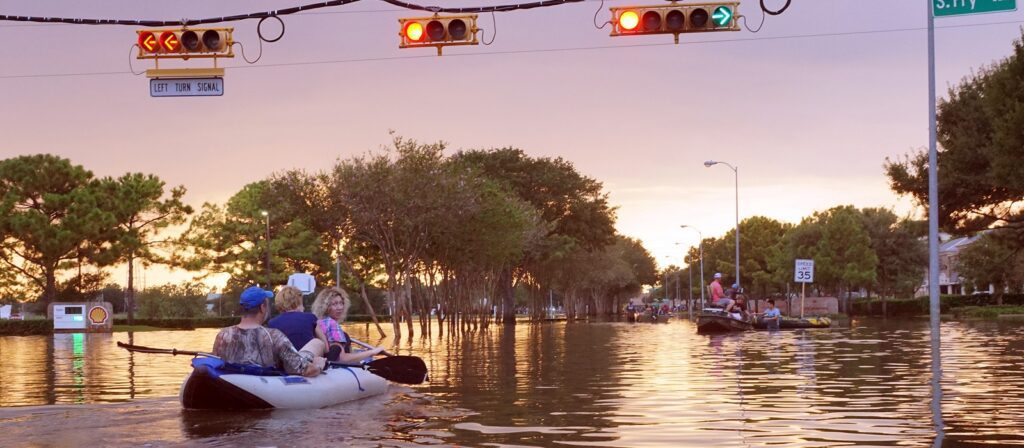It cannot be denied that the global sustainability agenda is one of the top priorities for the ICMIF membership for the foreseeable future. ICMIF’s partnerships with the United Nations Office for Disaster Risk Reduction (UNDRR) and Swiss Re Institute are starting to bear fruit with the launch of the ICMIF Resiliency Benchmark and the ICMIF-calibrated Insurance SDG Calculator.
The ICMIF Resiliency Benchmark
In November 2019, ICMIF and the UNDRR began a multi-year collaboration to help address the urgent challenge of reducing disaster risks. The result of this bore the report From protection to prevention: The role of cooperative and mutual insurance in disaster risk reduction that identified what is needed in practical terms to enable a shift within the insurance industry from a focus on providing risk transfer products and services as a means to protect the insured from disaster risks, to an emphasis on prevention through disaster risk reduction incentives, awareness, capacity and financing.
Since 2022, ICMIF has been working with members to develop the ICMIF Resiliency Benchmark survey to gather case studies and data to benchmark members against themselves the seven mechanisms framework. This presents an exciting opportunity for ICMIF members to benchmark their own prevention and DRR activities, review current business practices, and engage with other ICMIF members and learn from their triumphs and best-practice.
Direct mechanisms – for insurance products to reduce disaster risks:
- Pricing – Apply variable pricing of insurance to provide incentives for risk reduction.
- Prerequisites – Include prerequisites and exemptions to provide incentives for risk reduction.
- Investments – Ensure investment reduces and prevents risk and builds resilience.
Indirect mechanisms – for insurance providers to reduce disaster risks:
- Awareness & Advice – Raise awareness of the systemic nature of risks and provide transparent information and advice for reducing hazards, exposure, and vulnerability.
- Social Capital – Build and share capacity and technology for risk modelling, analysis and monitoring.
- Modelling & Data – Promote and enhance local social capital for responding to disasters and innovating to reduce risks.
- Collaboration – Collaborate with the public sector to signal unsustainable development and support decision-making towards disaster risk reduction and risk-informed investment while closing protection gaps.
Member collaboration in any programme is key for ICMIF. Co-operators‘ involvement in this process highlights the what ICMIF is about: collaboration, networking, and taking best-practice and putting it into our working environments. Resilience and prevention in day-to-day business as insurers is paramount and this is going to continue to be a primary objective for the industry going forward. Using the ICMIF Resiliency Benchmark and case studies can help mutual and cooperative insurers accelerate resilience practices.
The ICMIF-calibrated Insurance SDG Calculator
The ICMIF-calibrated Insurance SDG Calculator is the first insurance tool to quantify sustainability impact against the Insurance Sustainable Development Goals (iSDGs), which will help provide ICMIF members an effective way to identify risks and opportunity, and to support strategies toward sustainable business.
The insurance industry is on a sustainability journey: from ESG risk management to full business impact SDG quantification. Sustainability 1.0 started us on this journey, focused on avoiding key sustainability risks that businesses faced. Sustainability 2.0 saw the start of qualitive risk management through industry bodies and ESG criteria to measure those risks – but no standard was set. Now we are moving to Sustainability 3.0, where quantifying underwriting and operations sustainability impact is key to “future proof” business.
Swiss Re Institute developed the underlying tool under the UN Principles for Sustainable Insurance (UN PSI) iSDG initiative, focused on developing insurance-relevant adaptations to the UN SDGs. The tool measures iSDG sustainability impact within insurance portfolios and business operations.
Working with ICMIF and ICMIF members, Swiss Re co-developed the ICMIF-calibrated Insurance SDG Calculator, a tool that is pioneering underwriting and operations iSDG impact quantification and assessment. The commitment framework enables ICMIF mutuals and cooperatives to assess their sustainability impact against a set of ICMIF-calibrated indicators that reflect mutual values and strategic focal areas, such as risk prevention and inclusive insurance.
The ICMIF-calibrated Insurance SDG Calculator will help provide ICMIF members an effective way to identify risks and opportunity, and to support strategies toward sustainable business. ICMIF members are invited to use the tool to create a company score to establish a baseline and then track yearly progress. Through the ICMIF SDG Working Group, participating entities will be able to benchmark sustainability impact, better collaborate, and redefine the framework through better data, metrics and definitions.
Session speakers:
- Sarah Wade-Apicella, Head of Partnerships and Stakeholder Engagement, United Nations Office for Disaster Risk Reduction (UNDRR)
- Chad Park, Vice-President, Sustainability & Citizenship, Co-operators (Canada)
- Alicia Montoya, Head Research Commercialization, Swiss Re Institute (Switzerland)
- Liam Carter, Sustainability Lead, ICMIF, moderator
